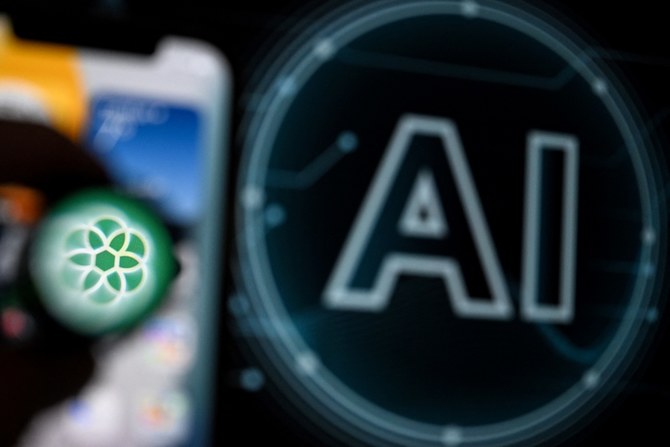Ranvir S. Nayar
It seems likely that the buzz phrase for 2024 is going to be “generative artificial intelligence.” Since March last year, when ChatGPT-4, a multimodal large language model, was launched by OpenAI, a company that has subsequently been acquired by Microsoft, generative AI has dominated discussions in almost every corporate boardroom and at international conferences of politicians, businesspersons and academics, as well as among laypeople.
It was no different at the Annual Meeting of the World Economic Forum, which recently concluded in the Swiss resort town of Davos. AI was one of the four core themes at the famed meeting, with 30 separate sessions held in the Congress Centre and about 100 others taking place at side events during the week. The subjects covered were varied, ranging from governance and the regulation of AI to using AI as a tool in education, healthcare and beyond.
At the forum, nearly half a dozen reports were presented by various groupings, each making one outlandish claim after another on the power of AI and how these organizations and others in their milieu were ready to harness the power of AI for the good of humanity.
Certainly, generative AI will prove to be a boon for corporate bosses, as it will allow them to improve productivity and reduce costs, almost entirely by rendering many workers redundant through processes of automation.
Most of the reports acknowledged that the technology was highly disruptive, with as many as 60 percent of workers vulnerable to it. Somehow, however, all the reports ended up claiming that AI would not only boost productivity – and hence the profitability of companies – but that it would also in the longer term generate far more jobs than it uproots, with numbers ranging from 12 million to 100 million. As is usual in reports on such hyped-up phenomena, which are often prepared in a rush and with much more reliance on conjecture and estimates than realism, the papers on AI’s job creation potential seemed very thin on details.
It is clear that AI will render hundreds of millions of jobs redundant, at least partially, across many sectors of the economy, from banking and accountancy to media and law, besides manufacturing and even agriculture. Certainly, AI will also create jobs, but they will tend to be roles for highly qualified, well-educated people, while most of the jobs being destroyed will be staffed by less-educated people. This will impact a section of society that is not just the most vulnerable, but also the one that has been hit the hardest by the recent series of global events, from COVID-19 lockdowns to inflation and rising economic insecurity.
With the rapid adoption of AI having already begun in some countries, and with it expected to accelerate around the world in the next year or so, millions of people could be caught unprepared for the ways in which their jobs could be threatened, or at least significantly altered, due to the use of AI. But little is being done to address these challenges, as company bosses seem to be focused entirely on increasing their profits. Meanwhile, governments are once again watching on from the sidelines rather than taking a major role in determining the rollout of AI and anticipating the social disruption that it is almost certain to bring.
AI is certainly not the first disruptive force to hit the world of work. There have been waves of change ever since the industrial era began about 300 years ago. Each wave has come with its own benefits and advantages for humans, while also leaving a lot of destruction in its wake. The sharp rise in global inequality, notably in the past half a century or even just the last two decades, is a clear indication of exactly how disruptive these changes can be for the masses, while disproportionately benefiting a very thin slice of society. A report released by British charity Oxfam at Davos 2024 revealed the scale of the inequality and how the gulf is widening rapidly each year, especially since the outbreak of the COVID-19 pandemic. The Oxfam report stated that, in the last three years, the wealth of the world’s five richest men has doubled, while more than 5 billion people – or more than 60 percent of the global population – have become poorer. The arrival of AI and its embrace by global businesses is set to worsen the deal for these 5 billion, while potentially generating trillions of dollars in additional profits and corporate dividends. And that is why it is imperative for governments to step in and play a crucial role in minimizing the social disruption AI seems set to cause.
As corporate profitability around the world is at near-record, often eye-watering, levels, governments must make companies equal participants in ensuring that the workers rendered redundant by their adoption of AI are properly retrained or rehabilitated in other roles and that their wage levels are protected. This is because there is enough historical evidence to show that workers displaced by automation end up becoming significantly poorer and that the impact of their impoverishment is felt for generations, rather than just stopping with them.
Thus, not only should companies be made responsible for retraining their workers and minimizing job losses but, in the case of a job being lost, the workers must also get their fair share of the profitability growth that the companies subsequently reap. It may be time to ensure that the bosses also feel the heat of disruption, not just the workers.
Arab News







